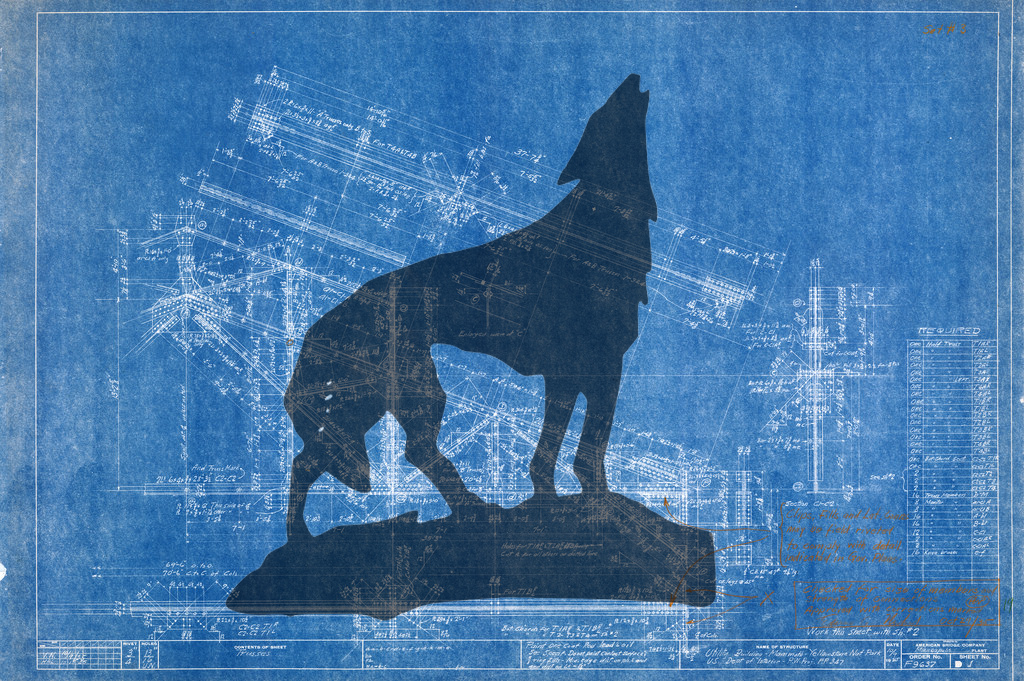
I hope you’ll bear with me for the following hypothetical scenario:
A controversial infrastructure project is being considered by Oregon’s Department of Transportation. There is intense public interest of the project, with 95% of public comments disapproving. While state law requires such projects to be evaluated by an unbiased peer review panel to be improved and revised before submitting to the Transportation Commission for a vote, in the name of political expediency, ODOT bureaucrats sidestep that review process.
Although government watchdogs call foul, and over two dozen experts have expressed concerns, the project has the backing of the state’s political establishment and is presented to the Transportation Commission for a vote. Commissioners, some with undeclared conflicts of interest to the project, vote to approve it, knowing that ODOT has abridged the obligatory review. As scrutiny on the project mounts, involved political groups appear to recognize that the agency has overstepped its authority and appeal to the Oregon Legislature. They propose a bill to retroactively single out and rewrite the law regarding review for this particular project. The regular sausage making and special interest deals that drive the political process prevail and result in postmortem standards that shield a broken ODOT process from any legal scrutiny or public accountability.
Obviously, in a state as sensitive to government ethics and transparency as Oregon, one would expect there would be an outpouring of criticism for the process, the political machinations, and backroom deals cut to bully this project forward. But it doesn’t happen. The powers that be are satisfied with the outcome, so it doesn’t matter how broken the route was that led to the project moving forward.
Unfortunately, this scenario isn’t really hypothetical.
Rather than the controversy being a state transportation project, the preceding sequence of events describes how gray wolves were stripped of their endangered species protections by the state wildlife agency, and how the legislature voted to shield that agency from the fact that it broke the law. Because wolves are easy scapegoats in certain political circles, the scandal is acceptable, even vigorously defended. In an attempt to misdirect the conversation, lawmakers and their political allies have pointed the finger at environmental and government watchdog groups that have advocated that the state obey its own laws. Wolves, they argue, are a special case, and therefore above any obligation for meaningful legal or scientific process.
The controversy over wolf delisting is exactly the type of backroom political scandal Governor Kate Brown promised to combat. She came into office pledging a new era of transparency and government accountability. It is disheartening that otherwise reasonable and well-intentioned people from the Governor and her wildlife commissioners to state lawmakers are willing to apply a double standard to wolves that would be unacceptable in any other political realm. If she had been truly committed to making good on the promise of honest government, wolves wouldn't have been left behind.
 '
'
